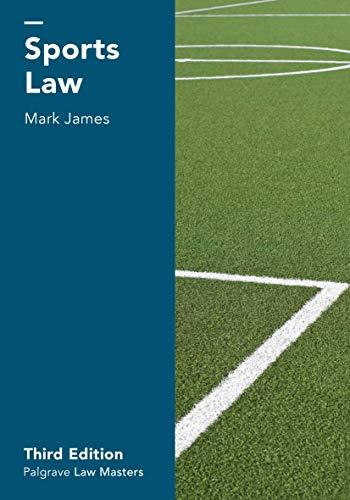Question
Chapters of bankruptcy Chapter 11 Reorganization is the most common form of bankruptcy. Under this format, a debtor attempts to formulate a plan to pay
Chapters of bankruptcy
Chapter 11 Reorganization is the most common form of bankruptcy. Under this format, a debtor attempts to formulate a plan to pay a portion of the debts, have the remaining sum discharged, and continue to stay in operation. The plan is essentially a contract between the debtor and creditors. In addition to being viewed as "fair and equitable," the plan must
(1) divide the creditors into classes,
(2) set forth how each creditor will be satisfied,
(3) state which claims or classes of claims are impaired or adversely affected by the plan, and
(4) provide the same treatment to each creditor in a particular class.
Chapter 13 Under this arrangement, individuals are allowed to
(1) avoid a declaration of bankruptcy,
(2) pay their debts in installments, and
(3) be protected by the federal court.
Individuals or sole proprietors with unsecured debts of less than $465,275 and secured debts of less than $1,395,875 are eligible to file under a Chapter 13 procedure. This petition must be voluntary only; creditors are not allowed to file a Chapter 13 proceeding. In the petition, the debtor declares an inability to pay their debts and requests some form of extension through future earnings (longer period of time to pay) or a composition of debt (reduction in the amount owed).
Describe Chapter 11 & 13 Bankruptcies. What protection each one offers?
Step by Step Solution
There are 3 Steps involved in it
Step: 1

Get Instant Access to Expert-Tailored Solutions
See step-by-step solutions with expert insights and AI powered tools for academic success
Step: 2

Step: 3

Ace Your Homework with AI
Get the answers you need in no time with our AI-driven, step-by-step assistance
Get Started


